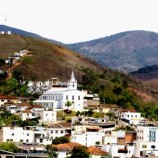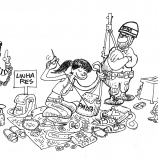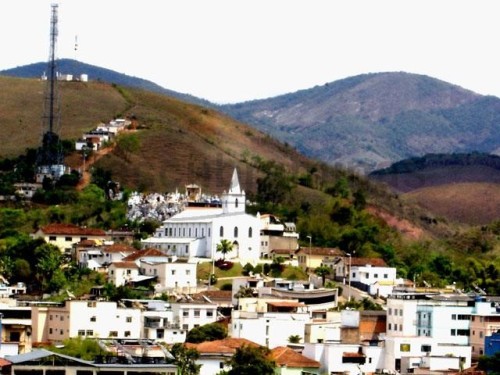The Consolidation of Democracy, Greatest Legacy of Itamar
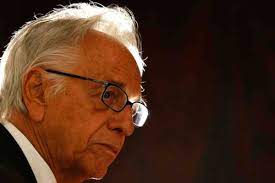
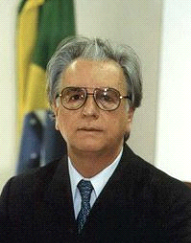
A serious examination of the beliefs and the role of Itamar Franco in history will show that, for him, the economic, financial and monetary systems were never more than a means to achieving the greater goal of the Brazilian Constitution: “the reduction of regional and social inequalities and the welfare of the national community in an environment of peace and progress.”
The line of thinking and central assumptions of Itamar in the Federal government, 1992-1994 was: SOCIAL. And this was the reason for so many conflicts within the economic circles, which sought to impose their decisions and priorities through “technical” viewpoints.
Itamar was always incredulous and suspicious of such arguments and of the indecipherable economic formulas applied. He understood himself to be the holder of the National title, with political responsibility for the decisions of the State.
He never gave up on questioning the economic totems especially when they bumped into social priorities, always in the good sense of the broad social interest.
In analyzing what the “Era of Itamar” really signifies, I can say that what happened in the short period from 1992 to 1994, of which I participated intensely, was incorporated into the conscious and unconscious collective memory of the Brazilian nation.
We were not in the dark period of history as many times Itamar and I had so suspected. We are the winners! Not in terms of earnings, but as figures who made a difference in the collective history with decisive and substantial contributions. The best of what there is today. The best in the governments there after and certainly of those who have still yet to come. The Consolidation of Democracy, Greatest Legacy of Itamar.
Related Articles









